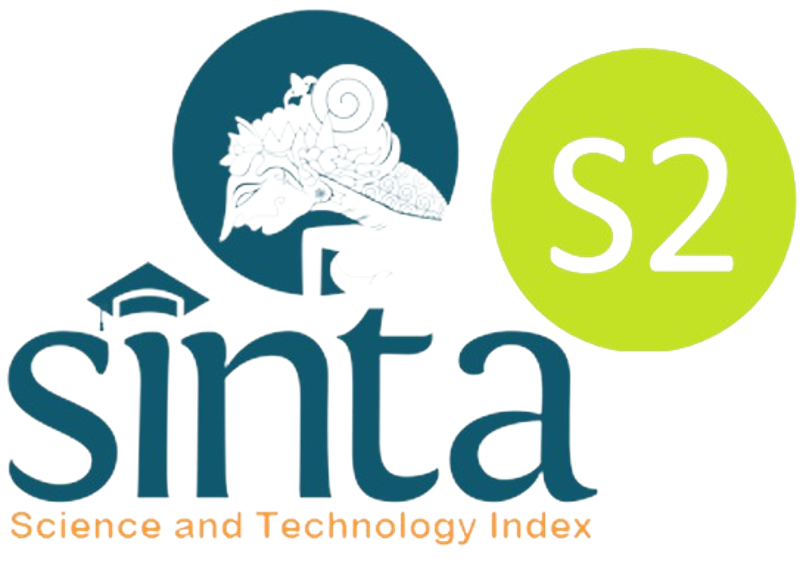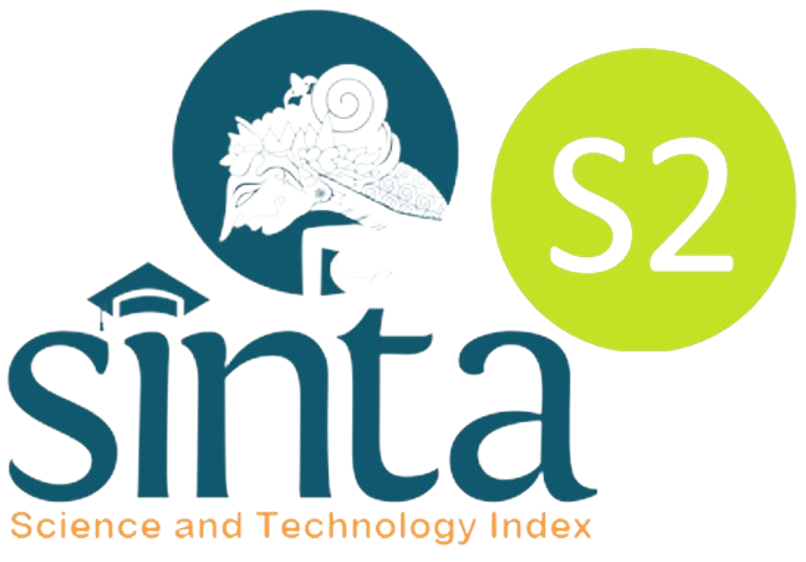Comics Problem-based Learning Model Implementation to Improve Students’ Learning Outcomes on Heat and Its Transmission
DOI:
https://doi.org/10.26740/jpps.v11n2.p166-179Keywords:
Comics , Learning outcomes, Problem-based learningAbstract
This study aimed to improve students’ learning outcomes on heat and its transmission using comics problem-based learning model as intervention program. This study used one group pretest-posttest design in the classroom natural setting. This study involved thirty-two students from 7th grade in one of Public Junior High School in the Sidoarjo Regency, East Java. Data were collected by using learning implementation observation forms, written test sheets, and students’ response questionnaire form. Based on the results of this intervention, we obtained a percentage of the lesson plans implementation 94.12% at the first meeting and 93.38% at the second meeting with very good category. The written test used pretest and posttest to measure the improvement in learning outcomes which got high normalized gain. The students’ responses toward the intervention categorized as strong and positive. The result of this study shows that the implication of the comics problem-based learning model is effective to improve the students’ learning outcomes, especially on heat and its transmission.
Downloads
References
Chang, M.C., Shaeffer, S., Al-Samarrai, S., Ragatz, A.B., de Ree, J., & Stevenson, R. (2014). Teacher reform in indonesia: The role of politics and evidence in policy making. International Bank for Reconstruction and Development/The World Bank. https://doi.org/10.1596/9780821398296
Cohen, J. (1988). Statistical power analysis for the behavioral sciences (second edition). New York: Lawrence Erlbaum Associates.
Hake, R.R. (1999). Analyzing Change/Gain Scores. Dept of Physics, Indiana University.
DOI: https://doi.org/10.23971/eds.v6i1.838
Hikmah, D.A., Musaddad S.A.A., Utomo, A.P., Rozzaq, M., & Rahmi, F.A. (2020). Local indigenous governance dalam meningkatkan economic growt di kabupaten sidoarjo. Spirit Publik: Jurnal Administrasi Publik, 15(1), 1-11. https://doi.org/10.20961/sp.v15i1.37983
Ningrum, E. (2016). Pengembangan sumber daya manusia bidang pendidikan. Jurnal Geografi Gea, 9(1), 1-9. https://doi.org/10.17509/gea.v9i1.1681
Pallant, J. (2002). SPSS survival manual: A step by step guide to data analysis using IBM SPSS (7th edition). Oxfordshire: Routledge.
Pallant, J. (2007). SPSS survival manual: A step by step guide to data analysis using SPSS for windows (3rd ed.). Riverwood: Ligare Book Printer.
Rahmi, D.A., & Rosdiana, L. (2018). Peningkatan hasil belajar dengan menggunakan media science story berbasis etnosains. Pensa: E-Jurnal Pendidikan Sains, 6(2), 108-113.
Riduwan. (2009). Dasar-dasar statistika. Bandung: Alfabeta.
Sinaga, G.C., Sembiring, A., Sargih, B.M., Saragih, E.T., Girsang, S., Purba, N.M., Sipayung, H.A.P., & Purba, N. (2022). Makanan khas sidoarjo yang lezat dan nikmat untuk dicoba. Gacashop. https://gacasshop.com/makanan-khas-sidoarjo/
Sugiyono. (2016). Metode penelitian pendidikan : Pendekatan kuantitatif, kualitatif dan R&D (23rd ed.). Bandung: Alfabeta.
Sujana, I.G. (2020). Meningkatkan hasil belajar IPA Melalui penerapan metode inkuiri terbimbing. Journal of Education Action Research, 4(4), 514. https://doi.org/10.23887/jear.v4i4.28651
Suwandi, E., Imansyah, F.H., & Dasril, H. (2018). Analisis tingkat kepuasan menggunakan skala likert pada layanan speedy yang bermigrasi ke indihome. Jurnal Teknik Elektro, 2(9), 1188-1195.
Zamjani, I.P. (2020). Faktor-faktor determinan hasil belajar siswa. Jakarta: Pusat Penelitian Kebijakan.
Downloads
Published
How to Cite
Issue
Section
License
Copyright (c) 2022 JPPS (Jurnal Penelitian Pendidikan Sains)

This work is licensed under a Creative Commons Attribution-ShareAlike 4.0 International License.
 Abstract views: 470
,
Abstract views: 470
, PDF Downloads: 464
PDF Downloads: 464












